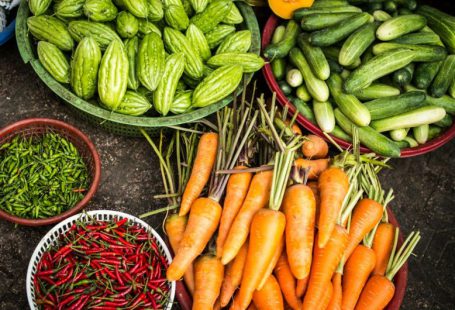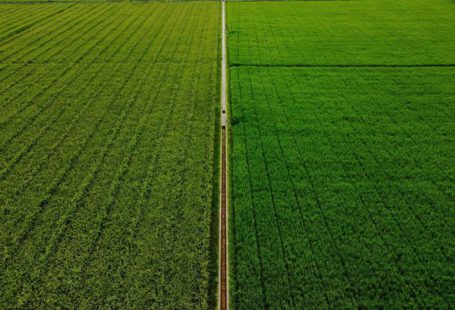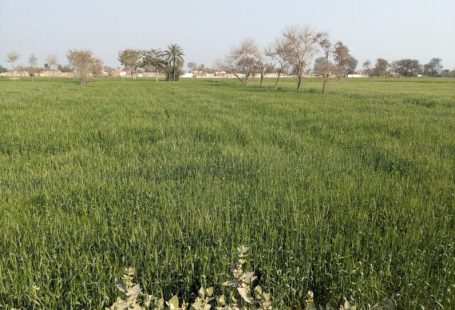As technology continues to advance at a rapid pace, the realm of genetically modified foods is also evolving. The future of genetically modified foods holds great promise and potential, offering solutions to various challenges in agriculture, food production, and sustainability. Let’s delve into the exciting developments and possibilities that lie ahead in the world of genetically modified foods.
**Enhanced Nutritional Value**
One of the most significant advancements in genetically modified foods is the ability to enhance their nutritional value. Scientists are now able to modify crops to contain higher levels of essential vitamins and minerals, addressing widespread deficiencies in certain populations. For example, golden rice, a genetically modified rice variety, has been engineered to produce beta-carotene, a precursor to vitamin A. This breakthrough has the potential to combat vitamin A deficiency, a leading cause of blindness in many developing countries.
**Improved Crop Resilience**
Genetically modified crops can also be engineered to be more resilient to environmental stressors such as drought, pests, and diseases. By introducing traits that enhance resilience, farmers can achieve higher yields and better adapt to changing climatic conditions. This not only ensures food security but also reduces the reliance on chemical pesticides and fertilizers, promoting sustainable agriculture practices.
**Environmental Sustainability**
The future of genetically modified foods also holds promise in terms of environmental sustainability. Through the development of crops that require fewer resources to grow, such as water and land, genetically modified foods can contribute to more efficient and eco-friendly agricultural practices. Additionally, the reduced need for chemical inputs can help mitigate pollution and soil degradation, leading to a healthier and more balanced ecosystem.
**Addressing Global Food Security**
Genetically modified foods have the potential to play a crucial role in addressing global food security challenges. With the world’s population projected to reach over 9 billion by 2050, the demand for food is expected to increase significantly. Genetically modified crops that are high-yielding, nutritious, and resilient can help meet this growing demand and ensure a stable food supply for future generations.
**Consumer Acceptance and Regulation**
Despite the numerous benefits of genetically modified foods, consumer acceptance and regulation remain key challenges. Public perception of genetically modified organisms (GMOs) varies widely, with concerns ranging from potential health risks to ethical considerations. Striking a balance between innovation and transparency is essential to gaining public trust and ensuring the safe adoption of genetically modified foods.
**Ethical Considerations**
Ethical considerations surrounding genetically modified foods also warrant careful attention. Questions regarding ownership of genetically modified seeds, potential impacts on biodiversity, and the long-term effects on human health and the environment must be thoroughly addressed. Ethical frameworks and regulatory mechanisms should be in place to guide the responsible development and deployment of genetically modified foods.
**Future Prospects and Collaboration**
Looking ahead, collaboration between scientists, policymakers, farmers, and consumers will be crucial in shaping the future of genetically modified foods. By fostering dialogue, sharing knowledge, and promoting transparency, stakeholders can work together to harness the full potential of genetically modified foods while addressing concerns and ensuring accountability.
**Embracing Innovation**
In conclusion, the future of genetically modified foods offers a wealth of opportunities to enhance nutrition, improve crop resilience, promote environmental sustainability, and address global food security challenges. Embracing innovation and collaboration will be key in navigating the complex landscape of genetically modified foods and unlocking their full potential for the benefit of present and future generations. By considering the ethical, regulatory, and societal implications, we can pave the way for a more sustainable and resilient food system that meets the needs of a rapidly changing world.





